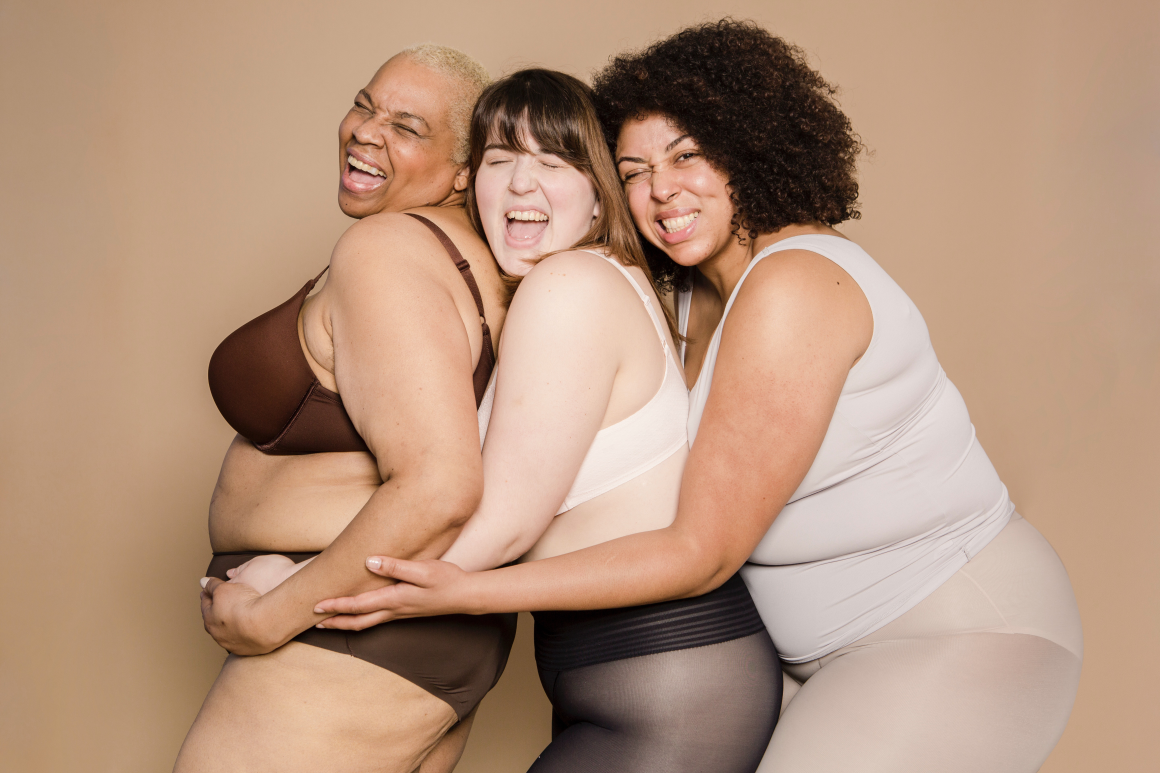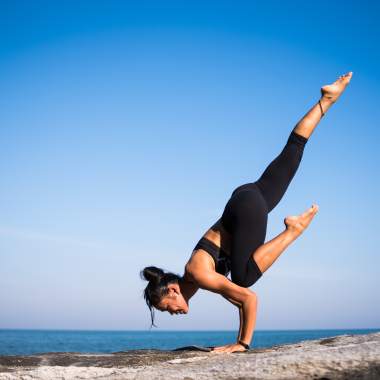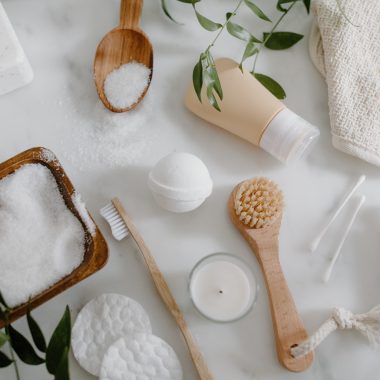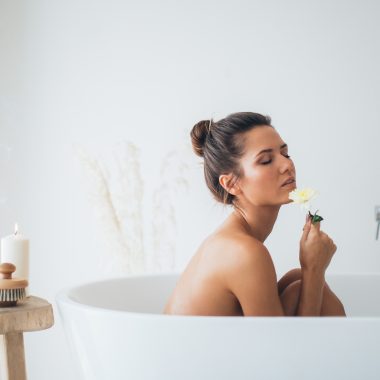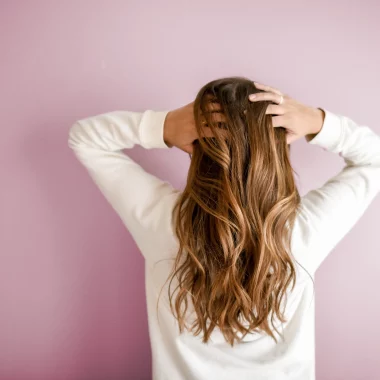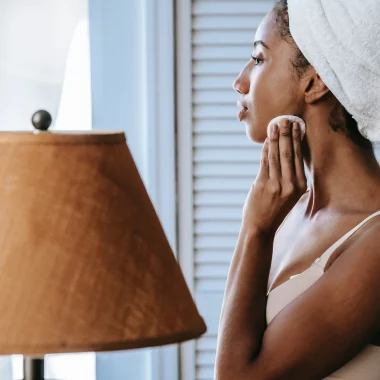A Subjective and Culturally Influenced Concept
It is not a secret that the idea of beauty is a subjective and culturally influenced concept. Beauty can be described as the quality of a person, animal, or object that evokes a feeling of pleasure or satisfaction in those who observe it. However, this perception of beauty varies considerably based on individual experiences, cultural background, and societal norms.
Canons of Beauty: Changing Standards
Over Time Canons of beauty are defined as a set of physical features that a given society considers beautiful or attractive. However, these features are constantly changing over time and differ from culture to culture. For example, throughout history, the standards of female beauty have changed continuously.
During prehistoric times, women with large bodies and wide hips were admired for their association with fertility and health. In ancient Greece, the ideal of beauty was symmetry and harmony. During the Victorian era, corsets and pale skin were in vogue, while in the 1990s, tanned skin and extreme thinness dominated the catwalks.
The Impact of Sociocultural Context on Beauty Standards
The surrounding sociocultural context heavily influences the physical appearance that is considered attractive. In Western culture, a constant desire to lose weight and go on diets is widely accepted and even expected. The cultural context plays a significant role in shaping our perception of beauty and our behavior towards it.
The pressure to conform to unrealistic beauty standards is especially prominent among women, who are increasingly being exposed to these ideals at younger and younger ages. Women are taught from a young age to prioritize their physical appearance, to be thin, and to associate thinness with success.
The Damaging Impact of Unrealistic Beauty Standards on Women
There is an overemphasis on controlling food intake and body weight and irrational fear of gaining weight. Small bodies and femininity are considered the norm, and many women prioritize their physical appearance over their own well-being and happiness.
It can be difficult for women to look at themselves objectively, and negative self-talk is common: “I can’t wear that,” “I shouldn’t have eaten that ice cream,” “I am not worthy.” This is because women are taught to be especially critical of themselves in order to conform to societal expectations and to punish themselves if they fall short.
The Role of Media in Perpetuating Beauty Standards
The media, including social media, television, and magazines, plays a crucial role in perpetuating and normalizing these beauty standards. Influencers on social media constantly bombarded us with images of the “perfect body,” which, not surprisingly, adheres to Western beauty standards: young, feminine, and thin women.
These images are not only unrealistic but also damaging, as they contribute to the development of negative body image, low self-esteem, and eating disorders.
The Importance of Challenging Beauty Standards and Promoting Body Positivity
In conclusion, beauty is a culturally influenced concept that is constantly changing and evolving. The standards of beauty are a reflection of the values and customs of a given society and are heavily influenced by the surrounding sociocultural context. Women are especially vulnerable to these beauty standards and are often pressured to conform to unrealistic expectations.
The media perpetuates these ideals, which can be damaging to women’s self-esteem, body image, and overall well-being. Breaking free from unrealistic beauty standards requires us to challenge these ideals and promote diversity, self-acceptance, and body positivity.
We need to educate girls and women about the damaging impact of unrealistic beauty standards and provide them with alternative and healthy ways of viewing their bodies. By embracing our individual differences and promoting a positive body image, we can empower women to feel confident and secure in their own skin, regardless of societal expectations.
This will create a more inclusive and accepting society where everyone can feel proud of who they are. By breaking free from unrealistic beauty standards, we can promote a healthier, more authentic, and more fulfilling way of life for everyone.
